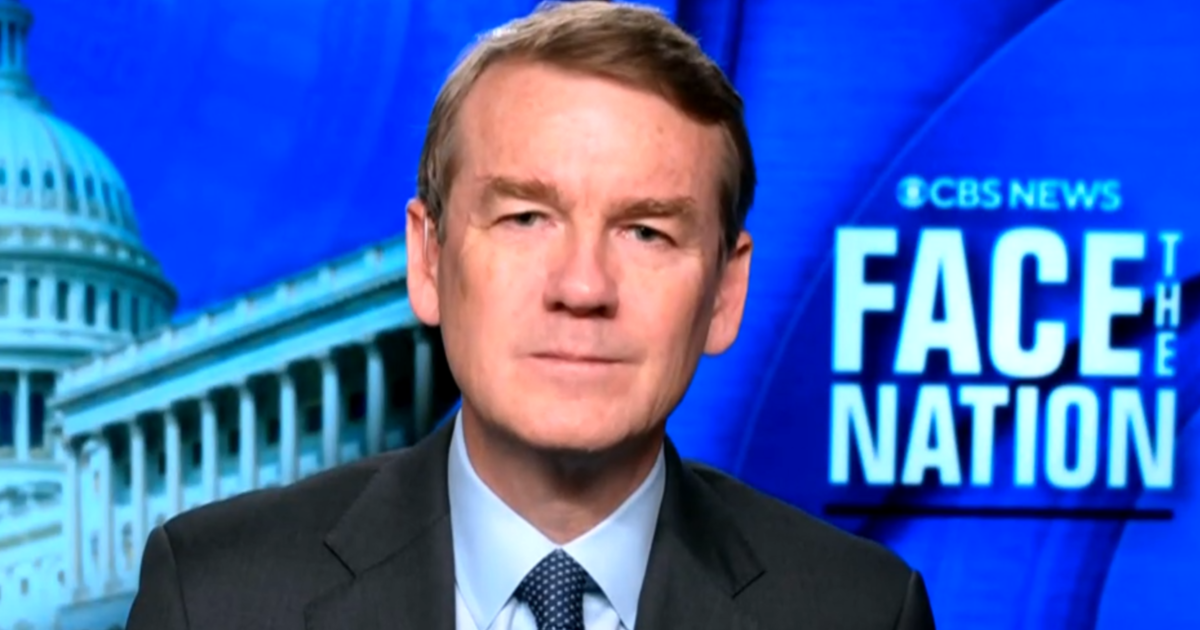Ukraine aid debate was already complicated, then it became tangled up in US border security
President Joe Biden meets with Ukrainian President Volodymyr Zelenskyy at the White House Sept. 21. Biden’s nearly $106 billion aid package for Ukraine and Israel sits idle in Congress and subjected to new political demands. (Evan Vucci, Associated Press)
Estimated read time: 4-5 minutes
WASHINGTON — As war and winter collide, a top adviser to Ukrainian President Volodymyr Zelenskyy acknowledged during a recent visit to Washington that the days ahead "will be tough" as his country battles Russia while U.S. support from Congress hangs in the balance.
President Joe Biden's nearly $106 billion aid package for Ukraine, Israel and other needs sits idle in Congress, neither approved nor rejected, but subjected to new political demands from Republicans who are insisting on U.S.-Mexico border policy changes to halt the flow of migrants.
Linking Ukraine's military assistance to U.S. border security interjects one of the most divisive domestic political issues — immigration and border crossings — into the middle of an intensifying debate over wartime foreign policy.
When Congress returns this coming week from the holiday break, Biden's request will be a top item on the to-do list, and the stakes couldn't be higher. Failure risks delaying U.S. military aid to Kyiv and Israel, along with humanitarian assistance for Gaza, in the midst of two wars, potentially undermining America's global standing.
"It's coming at a crucial time," said Luke Coffey, a senior fellow at the Hudson Institute, which recently hosted Andriy Yermak, the Ukrainian president's chief of staff, at the discussion in Washington. "We're running out of money."
What just a year ago was overwhelming support for Ukraine's young democracy as it reaches for an alliance with the West to stop Russian President Vladimir Putin's invasion has devolved into another partisan fight in the United States.
Members of Congress overwhelmingly support Ukraine, embracing Zelenskyy as they did when he arrived on a surprise visit last December to a hero's welcome. But the continued delivery of U.S. military and government aid is losing favor with a hard-right wing of Republican lawmakers and with some Americans.
Nearly half of the U.S. public thinks the country is spending too much on aid to Ukraine, according to polling from the Associated Press-NORC Center for Public Affairs Research.
Rather than approve Biden's request, which includes $61 billion for Ukraine, Republicans are demanding something in return.
Senate Republican leader Mitch McConnell of Kentucky has said the "best way" to ensure GOP support for Ukraine is for Biden and Democrats to accept border policy changes that would limit the flow of migrants across the border with Mexico. "It's connected," he said in an AP interview.
To that end, a core group of senators, Republicans and Democrats, have been meeting privately to come up with a border policy solution that both parties could support, unlocking GOP votes for the Ukraine aid.
On the table are asylum law changes pushed by the Republicans that would make it more difficult for migrants to enter the United States, even if they claim they are in danger, and reduce their release on parole while awaiting judicial proceedings. Republicans also want to resume construction of the border wall.
Democrats call these essentially nonstarters, and the border security talks are going slowly. Those who have worked on immigration-related issues for years see a political disaster in the making for all sides — Ukraine included.
"I think it's terrible that we're in the position we're in," said Sen. Chris Murphy, D-Conn. "But you know, we were talking all through the night and talking all day today ... trying to find a path forward."
He added: "I'm not confident we'll get there."
Republicans, even defense hawks who strongly back Ukraine, insist the money must come with U.S. border provisions.
"The reality is, if President Biden wants Ukraine aid to pass we're going to have to have substantial border policy changes," said Sen. Tom Cotton, R-Ark., often a McConnell ally on defense issues.
The White House has requested roughly $14 billion for border security in its broader package, with money for more border patrol officers, detention facilities and judges to process immigration cases. It also includes stepped-up inspections to stop the flow of deadly fentanyl.
Biden and his national security team recently met with key senators of both parties. With Congress narrowly split, Republicans holding slim majority control of the House and Democrats a close edge in the Senate, bipartisan agreement will almost certainly be required for any legislation to advance.
Pentagon funding for Ukraine is rapidly dwindling. The Defense Department has the authority to take about $5 billion worth of equipment from its stockpiles to send to Ukraine, but only has about $1 billion to replenish those stocks. So military leaders are worried about the effect on U.S. troop readiness and equipping.
The need for an infusion of funding is growing "by the day" said Pentagon spokeswoman Sabrina Singh.
"Ukraine is at a critical point," said Sen. Jack Reed, D-Rhode Island, chairman of the Senate Armed Services Committee. "The Russians are just counting on us to give up and walk away — and then they walk in."
×Most recent U.S. stories
Lisa Mascaro









:quality(70)/cloudfront-us-east-1.images.arcpublishing.com/cmg/SOBOL7JDAZSNKQ5JVLVVPDIIEE.jpg)










